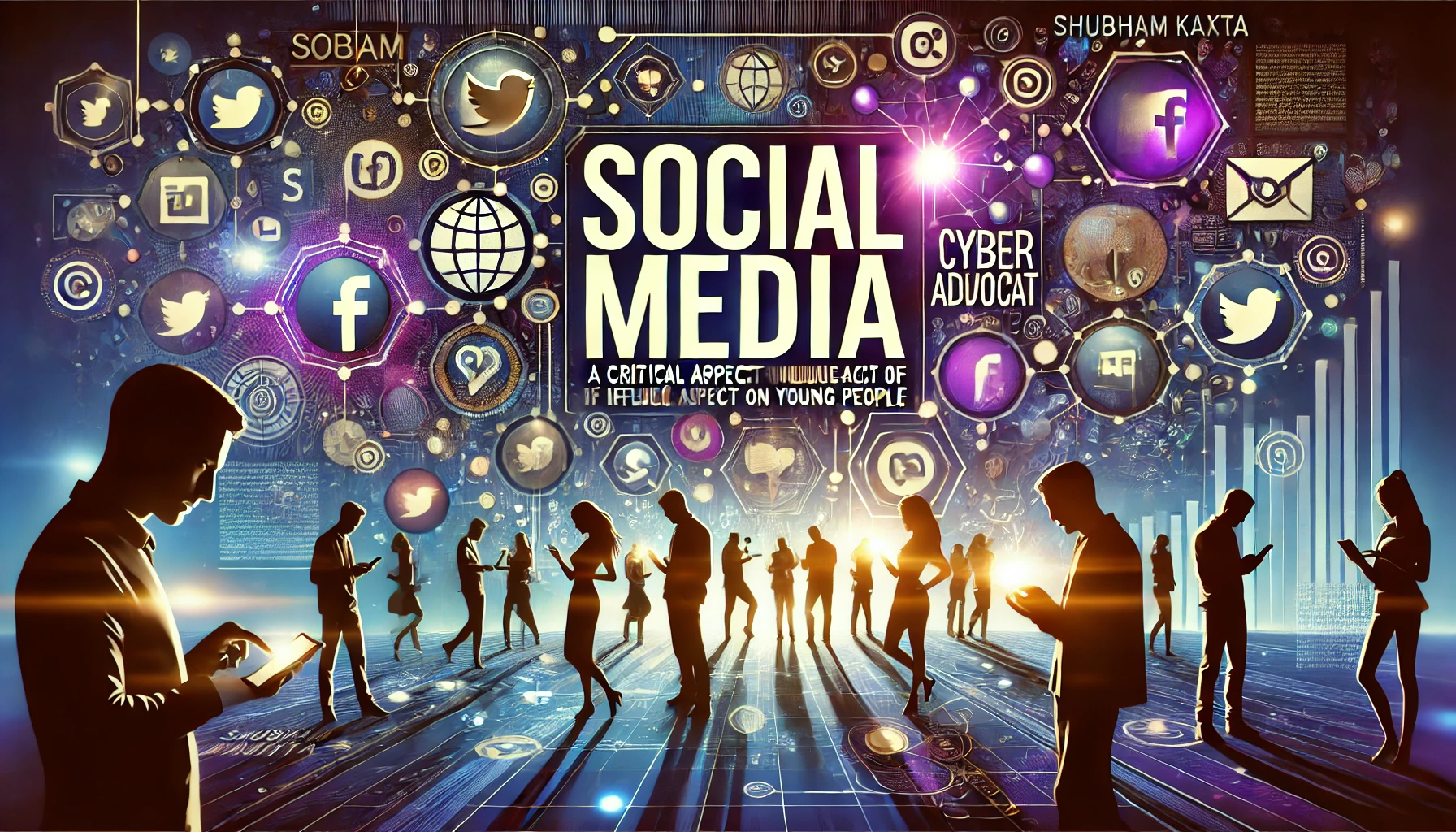Social media is a double-edged sword. While it has revolutionized communication, education, and business, it also has its downsides, including misinformation, distractions, and negative influences on young people.
The problem isn’t social media itself but how it is used. When used wisely, it can be a powerful tool for learning, networking, and self-expression. However, excessive or irresponsible use can lead to addiction, misinformation, and mental health issues.
The key is awareness and self-control—teaching young people how to use social media responsibly rather than letting it control them. What specific issues about social media concern you the most?
There are several concerning aspects of social media, especially when it comes to its impact on young people. Some of the biggest issues include:
1. Misinformation and Fake News – Social media spreads false information quickly, influencing public opinion and creating confusion.
2. Addiction and Time Wastage – Many young people spend excessive hours scrolling, leading to decreased productivity and focus.
3. Mental Health Issues – Constant exposure to unrealistic standards and negative content can cause anxiety, depression, and low self-esteem.
4. Cyberbullying and Harassment – Online abuse and trolling affect many users, sometimes leading to serious emotional distress.
5. Privacy Concerns – Personal data is often collected and used without people fully understanding how it affects their privacy.
6. Political Manipulation – Social media is used to influence political opinions, sometimes in unethical ways.
7. Unrealistic Lifestyles and Peer Pressure – People often compare their lives to the highlight reels of influencers, leading to dissatisfaction.
To address the negative effects of social media, we need a combination of awareness, self-regulation, and policy changes. Here are some key solutions:
1. Digital Awareness & Education
• Teach students and young people about responsible social media use.
• Encourage critical thinking to identify misinformation and fake news.
• Promote media literacy to help users understand algorithms and content manipulation.
2. Setting Healthy Boundaries
• Encourage time management apps to limit screen time.
• Implement social media detox days to reduce dependency.
• Promote real-life social interactions over excessive virtual engagement.
3. Stronger Privacy & Security Measures
• Educate users on privacy settings and data protection.
• Advocate for stronger laws against data misuse and cyber threats.
• Encourage end-to-end encryption and secure communication platforms.
4. Mental Health Awareness & Support
• Schools and workplaces should provide counseling and awareness programs.
• Encourage social media platforms to reduce harmful content and promote mental well-being.
• Promote self-esteem and self-worth beyond social media validation.
5. Combatting Misinformation & Fake News
• Promote fact-checking websites and tools.
• Hold social media platforms accountable for spreading false content.
• Encourage responsible sharing – “Think before you share.”
6. Regulation & Policy Enforcement
• Governments should create laws against cyberbullying, hate speech, and online harassment.
• Social media companies should be transparent in content moderation.
• Encourage platforms to restrict harmful content for minors.
The key is balance—using social media wisely while being mindful of its dangers.

